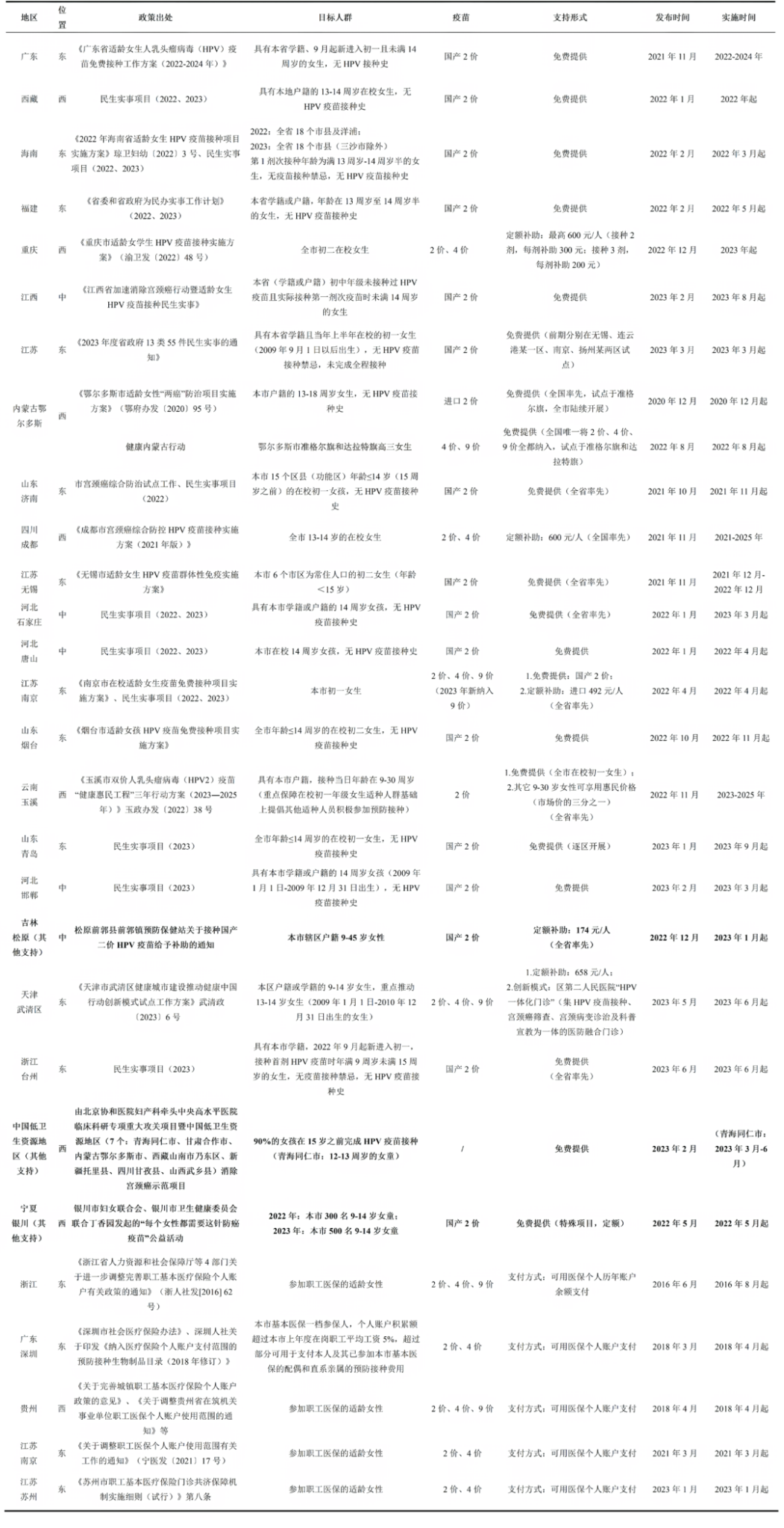The document “Triangulation for Improved Decision-Making in Immunization Programmes” is a comprehensive guide developed by the World Health Organization, UNICEF, and the U.S. Centers for Disease Control and Prevention. The guide underscores the importance of triangulation, which involves synthesizing “two or more existing data sources to address relevant questions for programme planning and decision-making.” Triangulation aims to provide a more comprehensive understanding of program issues and facilitate informed decision-making processes by combining various data sets and interpreting them within their contexts.
The guide outlines the objectives of using triangulation in “immunization and vaccine preventable disease (VPD) surveillance programmes”, emphasizing the need to “address key questions to guide management, tailor strategies, and make decisions to achieve goals.” The document targets immunization and VPD surveillance managers at national and subnational levels, offering practical examples of how triangulation can be used to develop questions, identify data sources, and interpret different data together, considering underlying context and limitations.
- Bangladesh
The Directorate General of Health Services (DGHS) led a pilot project in 2019 focusing on “(1) measles immunity gaps, (2) program performance, and (3) target-population estimates.” The project collaborated with various organizations and identified underserved communities for vaccination interventions. A rapid community assessment identified zero-dose, under-immunized, and missed-vaccination communities in rural and urban areas.
- Rwanda
A real-time Regional Health Information System (DHIS2) data dashboard was developed in 2022 by the Rwanda Biomedical Center (RBC). This system integrates various health data packages and was officially launched in July 2023, extending to 13 districts in October. The dashboard includes “14 immunity-gap and 11 program-performance indicators” focusing on vaccine eligibility, vaccination dropout rates, and under-immunized children.
- Nigeria
Nigeria’s National Primary Health Care Development Agency (NPHCDA) addressed data fragmentation by developing the Immunization Programming Management Data Dashboard (IPMD), merging the DHIS2 and SORMAS systems. The dashboard was configured for four VPDs, visualizing and analyzing “measles, yellow fever, meningitis, and diphtheria” vaccinations and pinpointing immunization gaps. Currently implemented in two states, the dashboard aids decision-making through monthly dashboard reviews by subnational RI and surveillance staff.
Based on “evidence from a landscape review; experiences of triangulation use in countries”, the guide builds upon existing practices in data analysis to elevate the quality of decision-making processes within immunization programs. It highlights the importance of capacity building and adaptation to local contexts for successful triangulation implementation. We also reference other resources for further reading. Policymakers and public health workers could incorporate triangulation guidance into existing frameworks to support program improvements in the future.
Content Editor: Linjing(Grace) Zhang
Page Editor: Ziqi Liu
Relevant Links/Information resources
Rachlin A, Adegoke OJ, Bohara R, Rwagasore E, Sibomana H, Kabeja A, Itanga I, Rwunganira S, Mafende Mario B, Rosette NM, et al. Building Data Triangulation Capacity for Routine Immunization and Vaccine Preventable Disease Surveillance Programs to Identify Immunization Coverage Inequities. Vaccines. 2024; 12(6):646.
https://www.mdpi.com/2076-393X/12/6/646
Scobie, H. M., Edelstein, M., Nicol, E., Morice, A., Rahimi, N., MacDonald, N. E., … & Jawad, J. (2020). Improving the quality and use of immunization and surveillance data: Summary report of the Working Group of the Strategic Advisory Group of Experts on Immunization. Vaccine, 38(46), 7183-7197. World Health Organization, UNICEF, & U.S. Centers for Disease Control and Prevention. (2020). Triangulation for improved decision-making in immunization programmes.





